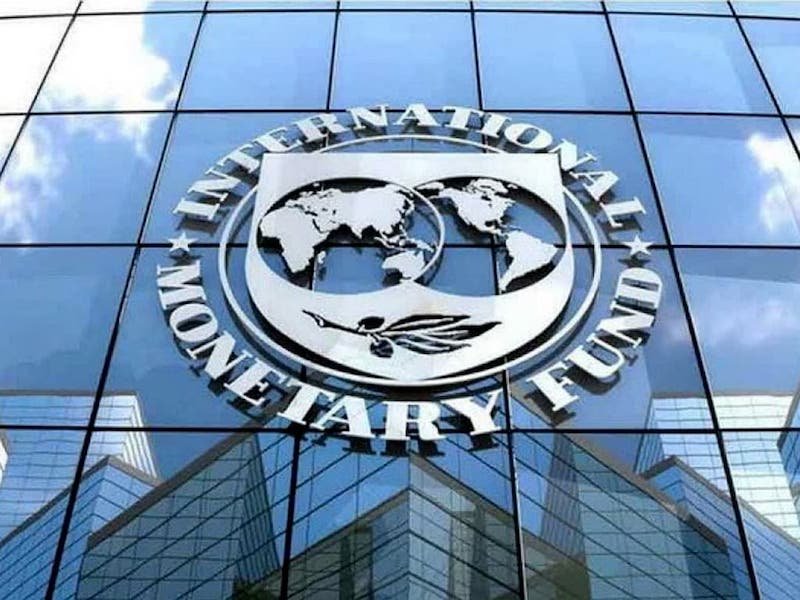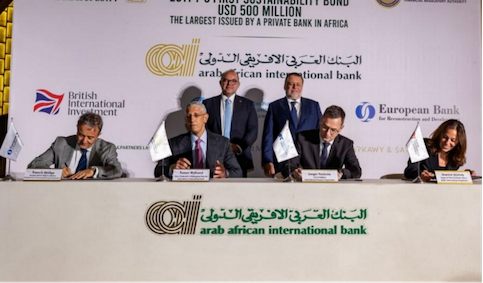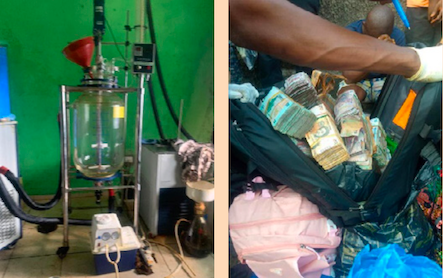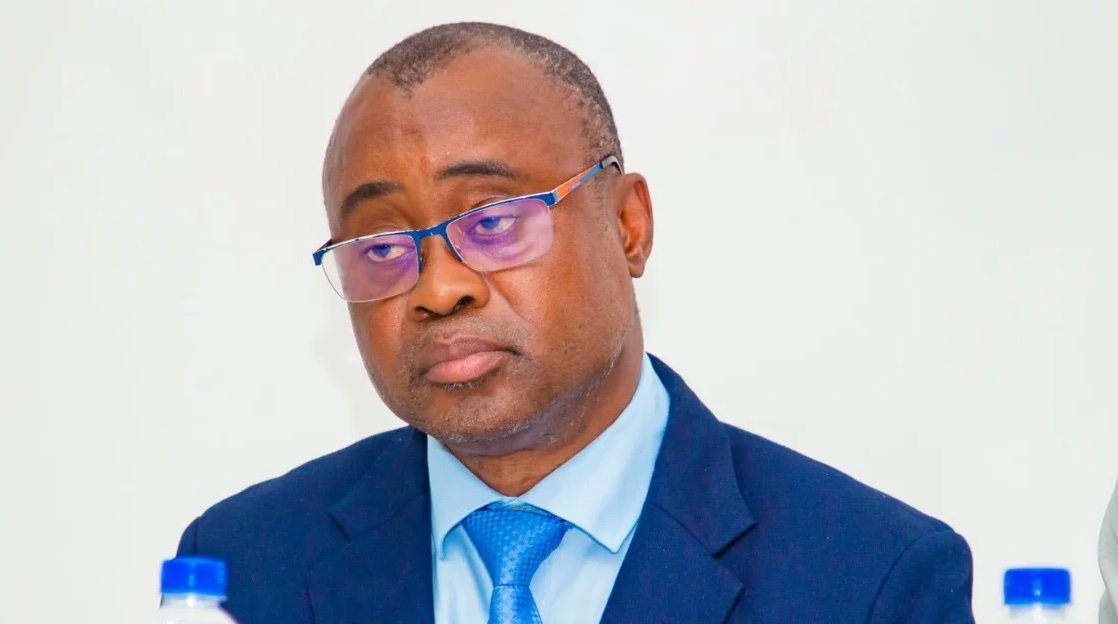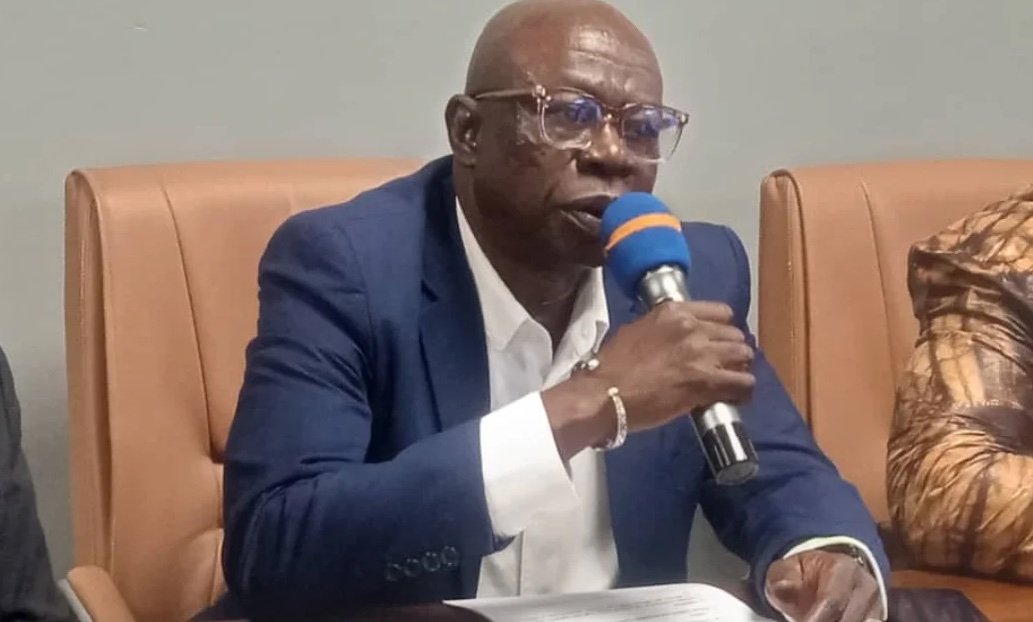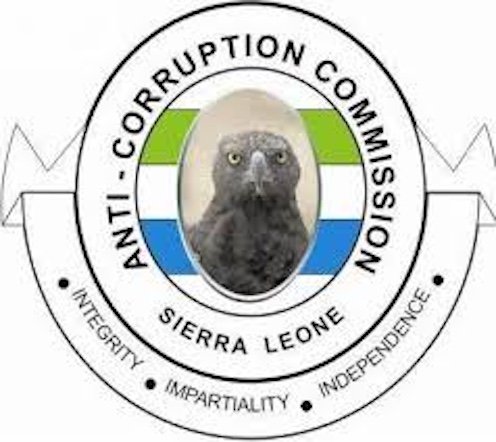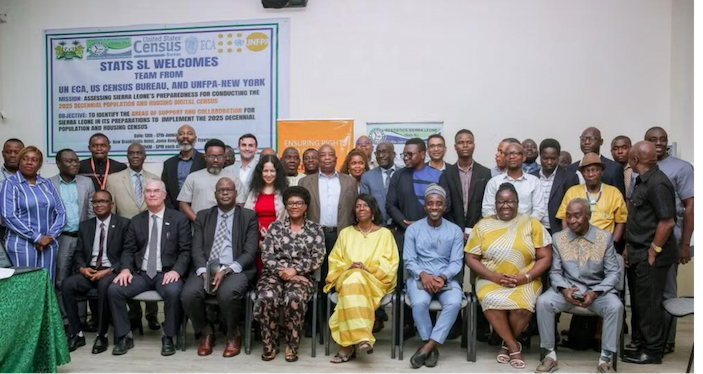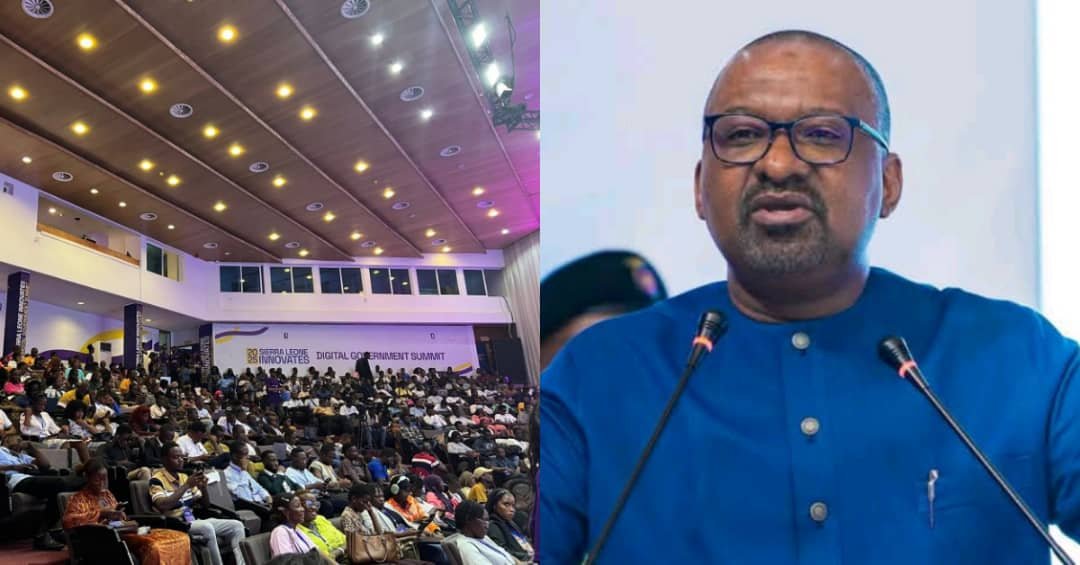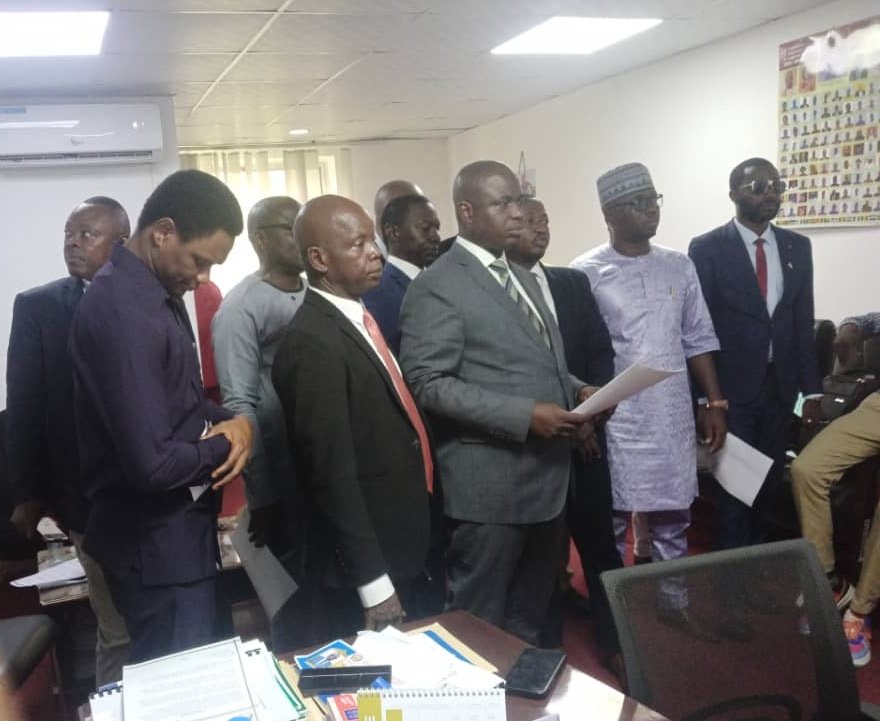FIU Boss: We’re committed to combating money laundering, terrorism financing
The Director-General of the Financial Intelligence Unit (FIU), Mr. David Borbor, has reaffirmed Sierra Leone's unwavering commitment to combating money laundering, terrorism financing, and the financing of weapons of mass destruction.
He stressed that these crimes not only threaten national stability but also undermine global peace and development.
In an exclusive interview with Financial Standard in Free Town, Mr. Borbor outlined the core mandate and function of the FIU, which was established to coordinate Sierra Leone's domestic response in the global fight against illicit financial activities.
'We were created to coordinate the national effort against money laundering, terrorism financing, and now, proliferation financing,' he stated. 'These are not just local issues; they are global challenges that require collective action.'
* Following the Money TrailAccording to the director-general, money laundering often stems from proceeds of crime, where individuals seek to legitimize funds acquired through illegal activities such as human trafficking, smuggling, corruption, or fraud. 'Money laundering is a process where dirty money, obtained illegally, is made to appear clean,' he explained. 'Our role is to follow the money trail and determine its source. If found to be tainted, the individual must answer to the law.'
He emphasized that anywhere crime exists, there is a likelihood of money laundering, pointing out that preventing criminals from exploiting Sierra Leone's financial system is a top priority for the agency.
*Terrorism and Proliferation Financing: A Global ThreatOn the issue of terrorism financing, Mr. Borbor noted that terrorist groups rely heavily on financial resources to carry out their operations, from procuring explosives to spreading propaganda and recruiting followers. 'One of the most effective tools in the fight against terrorism is disrupting the flow of funds,' he said. 'If we can block financial access to these designated terrorist entities, we significantly reduce their capacity to cause harm.'The FIU actively monitors financial transactions to ensure compliance with international sanctions lists developed by the United Nations, ECOWAS, and the African Union. The agency's role is to prevent these entities and individuals from accessing funds through the country's regulated financial system.Touching on proliferation financing, Mr. Borbor said Sierra Leone is a signatory to several international treaties that prohibit the development and financing of weapons of mass destruction. The FIU, he explained, plays a vital role in enforcing the spirit and intent of these treaties.'We must ensure that our systems are not used to finance or facilitate the acquisition of materials that could be used to build such weapons,' he warned.While all forms of financial crime are closely monitored, Mr. Borbor identified money laundering as the most prevalent threat in Sierra Leone, driven by predicate offenses such as fraud, human trafficking, smuggling, and corruption.'Based on our national risk assessment, these are the major crimes generating illicit proceeds in Sierra Leone,' he said. 'What we must not do is allow these funds to be laundered through our systems.'
* Compliance and CooperationWhen asked about compliance within the financial sector, the FIU director-general acknowledged progress but noted that challenges remain. He stressed the need for continuous engagement, capacity building, and collaboration with financial institutions, law enforcement, and international partners. 'Compliance is not a one-time activity; it's a continuous process,' he concluded. 'Our financial institutions must remain vigilant, and as an agency, we are committed to providing the necessary oversight, training, and support.'
The FIU's work continues to position Sierra Leone as a responsible member of the international community in the fight against financial crimes. As global threats evolve, the agency remains focused on ensuring that the nation's financial system is not used as a conduit for criminal or terrorist activities.
03-06-2025


